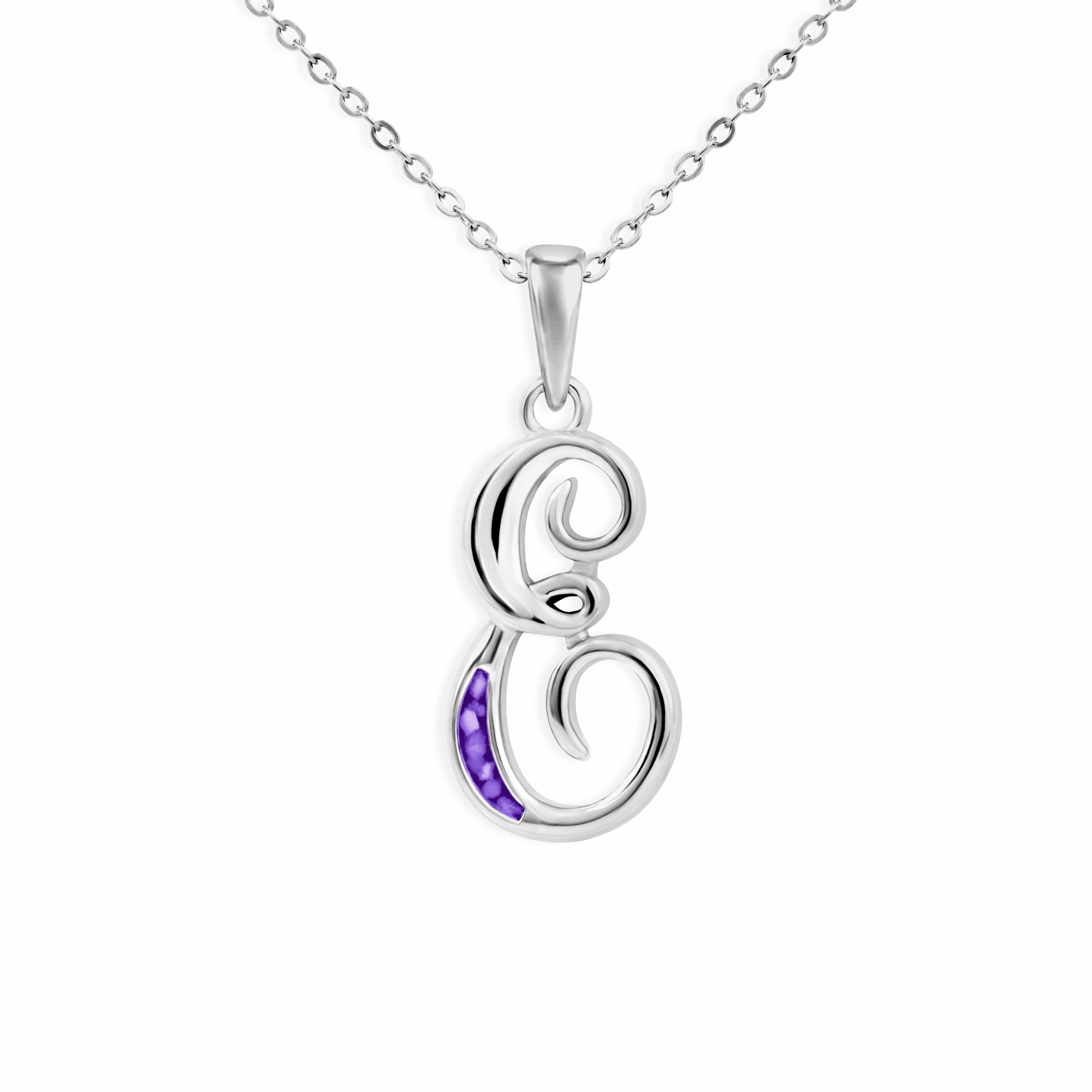Losing someone we care about is a natural part of life that we all face at some point. When we are dealing with the emotions that come after losing a loved one, we often hear the terms grief and bereavement. Are these two words the same, or do they have different meanings?
Let's take a closer look.
Defining Grief and Bereavement
Grief:
Losing something or someone dear to us can evoke a complex mix of emotions, forming a delicate web of grief. This deeply personal experience encompasses a wide spectrum of feelings, including sadness, anger, confusion, and disbelief. It's important to remember that grief is not exclusive to the loss of a person; it can also arise from the loss of a job, a relationship, or even the shattering of a dream.
Bereavement:
Bereavement, on the other hand, specifically refers to the period of mourning following the death of a loved one. It is a state of intense grief, often accompanied by rituals and ceremonies that help individuals process the reality of the loss. While grief is the emotional response to any type of loss, bereavement is the mourning period specifically associated with death.
The Similarities Between Grief and Bereavement
While grief and bereavement have distinct definitions, they are not mutually exclusive. In fact, bereavement is a specific manifestation of grief. When we lose someone close to us, we enter a state of bereavement within the broader spectrum of grief. The intensity of grief can vary based on the nature of the loss and the individual's coping mechanisms.
Understanding the Unique Aspects of Grief
Grief is not bound by a linear timeline. It unfolds as a dynamic and unpredictable journey, where individuals navigate a spectrum of emotions that ebb and flow over time, defying any predictable trajectory.
Some may openly express their emotions, while others internalize their pain. Recognizing and respecting these varied responses is crucial when providing support, acknowledging the uniqueness of each person's grieving process.
Exploring the Distinct Features of Bereavement
Bereavement is inherently tied to death, involving the process of mourning and adapting to life without the physical presence of the deceased. It is a phase where the focus is on navigating the complexities of loss specifically associated with the passing of a loved one.
Bereavement often incorporates cultural or personal rituals and traditions to aid individuals in navigating the mourning process. Funerals, memorial services, and commemorations are integral components, providing structure and support during this challenging period.
During bereavement, the need for social support becomes vital. Friends, family, and the community play a crucial role in helping individuals cope with the profound loss and finding meaning amidst their grief. The communal aspect becomes a cornerstone in navigating the challenging terrain of bereavement.
Navigating the Complexities of Grief and Bereavement
Grief and bereavement share a common ground in the emotions they evoke, including sadness, anger, denial, and acceptance. However, it's essential to understand that the context and specific nuances differentiate these two experiences, emphasizing the importance of recognizing individual journeys.
A key aspect of navigating grief and bereavement lies in understanding one's coping strategies. While some individuals find solace in openly sharing memories and discussing their loss, others may prefer introspective and private methods of coping. Recognizing these diverse approaches is vital in providing meaningful support.
Supporting Those in Grief
When supporting individuals experiencing grief, active listening becomes a crucial element. Sometimes, all they need is a compassionate ear to share their thoughts and feelings without judgment, fostering a safe space for expression.
Recognizing that everyone grieves differently is fundamental. Avoiding the imposition of expectations or timelines on the grieving process allows individuals the necessary space to navigate their emotions in a manner unique to them.
Directing individuals towards resources that facilitate their healing journey is a proactive step. Support groups, counselling services, and literature on grief and bereavement can offer valuable insights and assistance, aiding individuals in finding the support they need during challenging times.

At EverWith, we understand the significance of recognizing the intricate layers within grief and bereavement. Our commitment is to provide you with a long-term keep sake to remind you of your loved one once they have passed. Reach out to us today to find out more.








